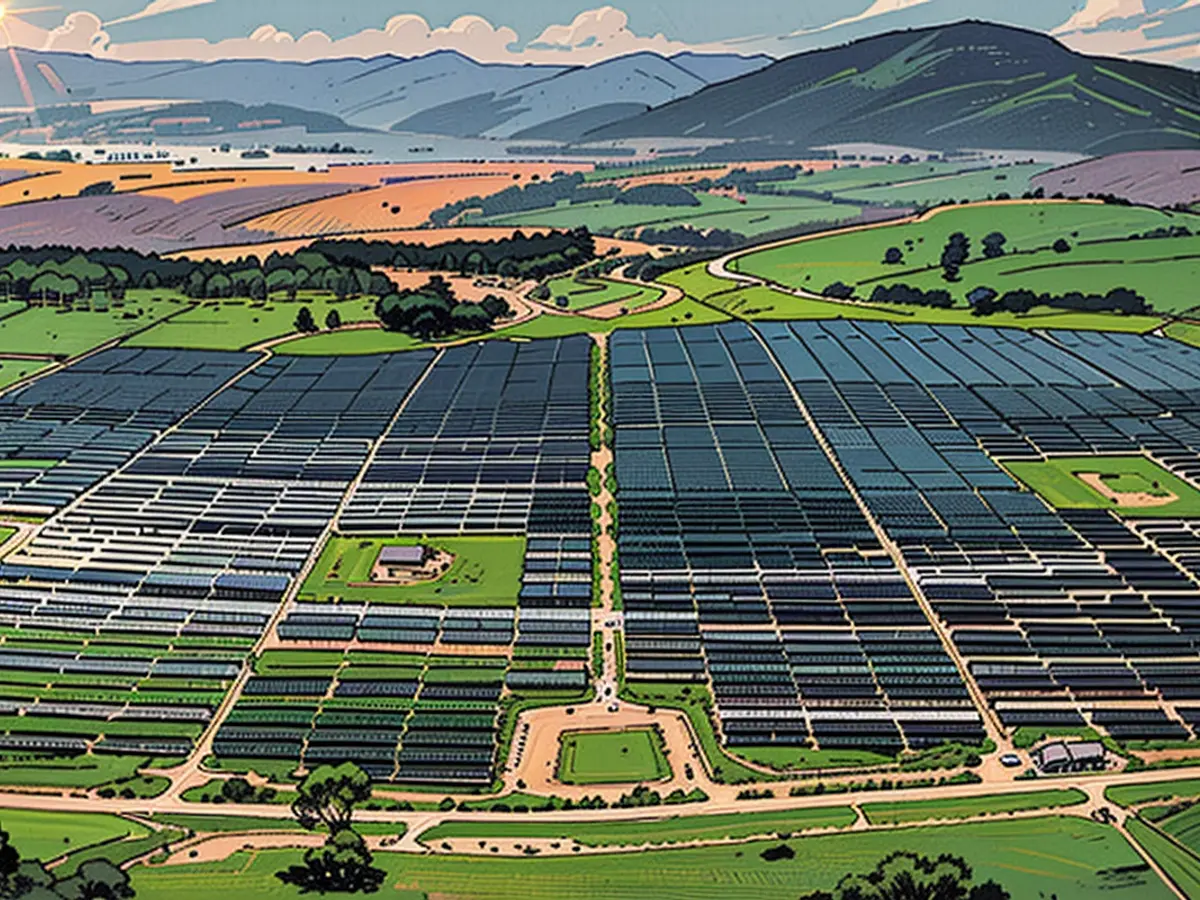Australia intends to construct the "globally prominent solar power facility."
Australia is currently amongst the world's largest exporters of climate-harming fossil fuels, primarily coal. However, it seems the country is now focusing more on the energy transition. The Australian government has given the go-ahead for constructing a monumental solar power plant and storage facility. This project, deemed the "largest solar park globally", will significantly benefit a Southeast Asian state.
In line with the Minister of Environment, Tanya Plibersek's announcement, the solar park will be erected in a secluded area up north in Australia. The facility will be connected to Singapore via an electrical grid. According to the plans, the solar park is expected to commence energy production in 2030. Around four gigawatts will be utilized for domestic needs, while the remainder, totalling two gigawatts, will cater to Singapore's energy demands, satisfying roughly 15% of their demand. With this, Australia aims to claim the title of the "global leader in green energy."
Despite the country being a prominent exporter of fossil fuels, private households have been investing in solar panel installations. However, conservative administrations have been careful about transitioning to renewable energy sources. As of 2022, renewable energy covered 32% of Australia's demand, while coal accounted for 47%. Ken Baldwin, director of the Energy Change Institute at the Australian National University, highlights that Australia has abundant solar and wind resources.
Remaining approvals to be obtained
The development of solar and wind energy plants is being pursued with renewed vigor. The Canberra-approved solar park project is a pioneering first step towards the global export of renewable energy at such a scale. Cameron Garnsworthy, the CEO of SunCable Australia, regarded the green light from Canberra as a significant milestone towards the project's realization.
However, several approvals are still required. The Singapore energy market authority, the Indonesian government, and representatives of the Australian indigenous people are some of the entities that must provide their consent. SunCable is targeting a final decision by 2027.
The Australian government's approval for the large-scale solar power plant and storage facility marks a significant shift towards harnessing energy from solar energy. Once completed, this solar park will provide energy to both Australia and Singapore, contributing significantly to reducing the latter's reliance on fossil fuels.








